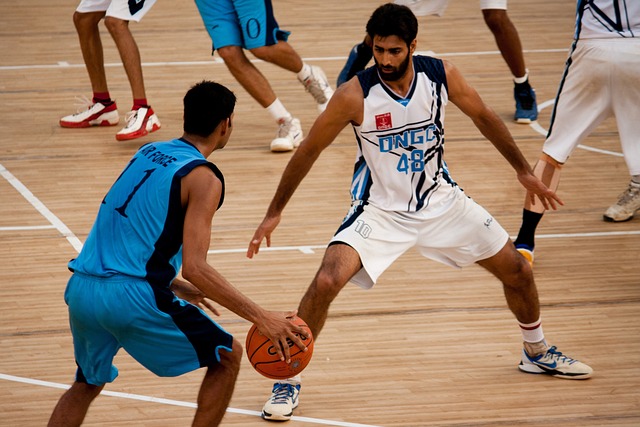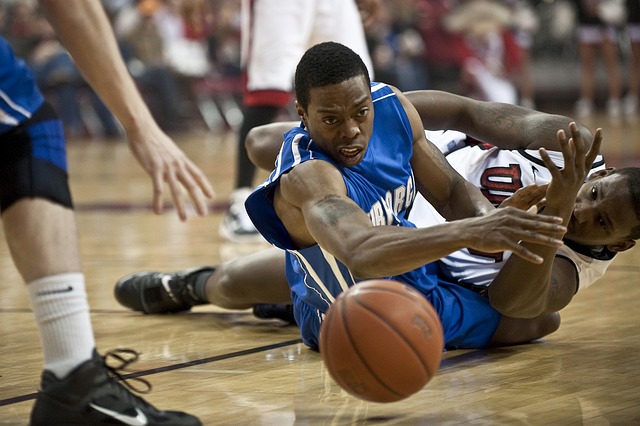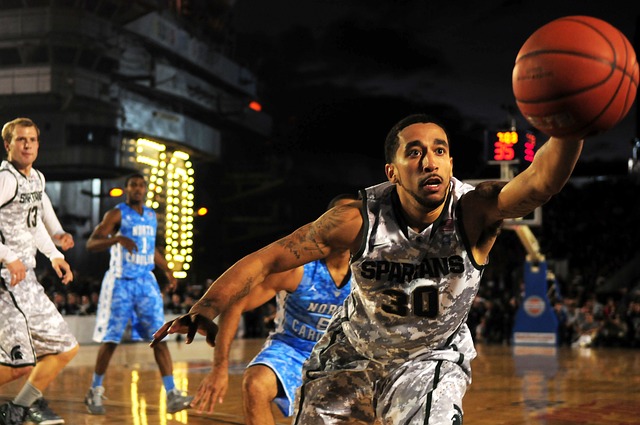Fencing in Spain has its roots in the Middle Ages, when it was an integral part of military training and the nobility practiced this martial art as a form of self-defense and sports competition. Over time, fencing evolved into a sport of precision and strategy, gaining popularity even in sports betting.
This sport has a deep and rooted history in Spanish culture. Its origins date back to medieval times, when swordsmanship was not only a fundamental skill for knights and soldiers, but also a symbol of prestige and nobility.
During these centuries, Spain developed a rich tradition in the use of bladed weapons, influenced by the mixture of cultures that coexisted in the Iberian Peninsula, such as the Arab, Jewish and Christian. Sword combat techniques evolved on the battlefields and in honor duels, but were also perfected in academies where masters taught both the theory and practice of combat.
Read on and learn more below.
Development and Popularity
In the 19th century, fencing was formalized as a competitive sport with specific rules. Spain, with its rich cultural and military tradition, quickly adopted the sport, establishing clubs and academies that encouraged training and competition. Throughout the 20th century, Spanish fencing gained international recognition, excelling in various disciplines such as épée, sabre, and foil.
Spanish Champions

The national fencing championships in Spain are prominent events that bring together the best fencers in the country. Among the most prominent champions are names that have left a mark on the history of Spanish sport, such as Ángel Fernández, María del Pilar Fernández, and Carlos Llavador, among others.
These athletes have not only dominated national championships, but have also successfully represented Spain in international competitions.
Important Participations
Spain has participated in numerous international fencing competitions, such as the Olympic Games, World Championships, and World Cups. Spanish fencers have demonstrated skill and dedication in these competitions, earning medals and recognition for their outstanding performances.
Some of the most memorable moments include Olympic medals and World Championship triumphs, which have cemented Spain’s reputation as a powerhouse in the fencing world.
Cultural and Social Impact

Fencing is not only a competitive sport in Spain, but also an important part of its sporting culture and heritage. Fencing clubs not only serve as training centers, but also as places where the values of discipline, respect, and competitiveness are promoted among youth and adults. Furthermore, fencing has inspired literary works, films, and works of art that celebrate the skill and elegance of the sport.
Conclusion
In summary, fencing in Spain has evolved from its medieval origins into a high-performance, internationally recognized sport. With outstanding champions, memorable participations in international competitions, and a significant cultural impact, fencing continues to be an integral part of the Spanish sporting landscape. As the sport continues to grow and evolve, Spain continues to produce talented fencers who continue to inspire future generations.
